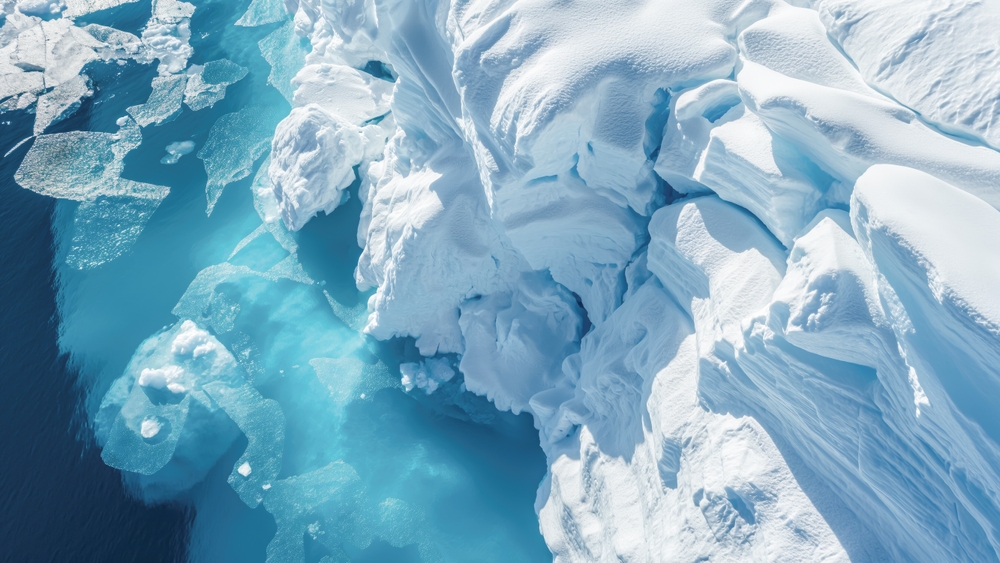The future of Antarctica’s ice sheets looks increasingly bleak
Others are reading now
The future of Antarctica’s ice sheets looks increasingly bleak, as a new study published in Nature Geoscience on Tuesday highlights the region’s impending “uncontrolled melting.”
This alarming trend is attributed to the warming ocean water that is infiltrating the ice sheets, exacerbating the melt.
Accelerating Ice Melt Due to Warmer Oceans
For these vast ice sheets to float, they rest on a rocky base and extend beyond the coast.
Previous studies have already indicated that seawater, warmed by human-induced climate change, can seep into the interface between the land and the sea.
Also read
The new study confirms this hypothesis, showing that as the ocean water heats up, it accelerates its intrusion, covering distances from 100 meters to tens of kilometers. This process melts the ice from below, explained Alexander Bradley, the study’s lead author.
Rising Sea Levels Threaten Coastal Populations
The study warns that this process “could lead to surpassing a tipping point, beyond which ocean water infiltrates the ice sheet indefinitely, causing uncontrolled melting.”
This phenomenon could result in rising sea levels, as accelerated ice melt outpaces the formation of new ice on the continent, threatening coastal populations worldwide.
Despite this critical issue, models used by the United Nations Intergovernmental Panel on Climate Change (IPCC) have not accounted for this process and have consistently underestimated the ice loss observed so far. The study calls for these models to be updated.
Urgent Need for Climate Action
“This only underscores the urgent need for climate action to avoid surpassing these tipping points,” stressed Alexander Bradley, a researcher at the British Antarctic Survey.
In May, the planet’s ocean temperatures set a new monthly record for the 14th consecutive month, averaging 20.93°C, according to the European Copernicus network.
This continuous rise in ocean temperatures further highlights the pressing need to address climate change and its devastating impacts on Antarctica’s ice sheets and global sea levels.


